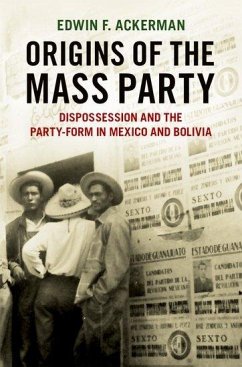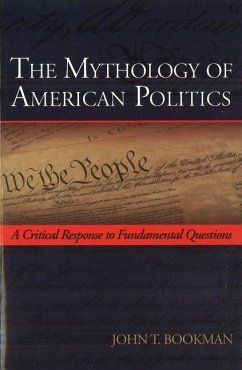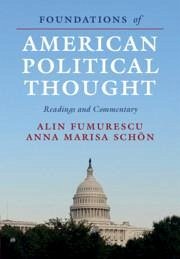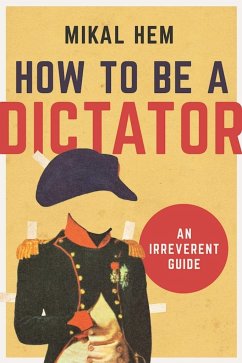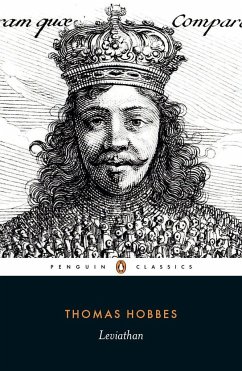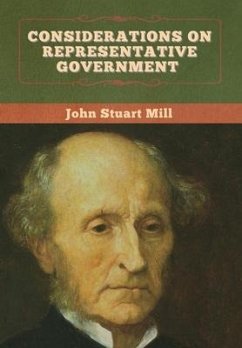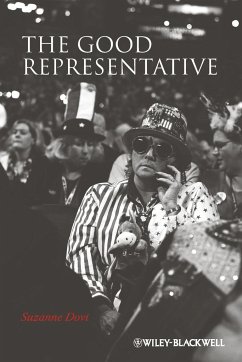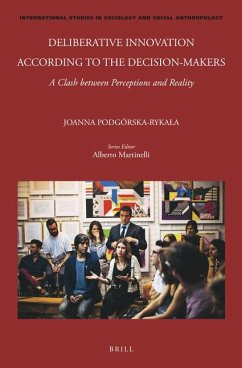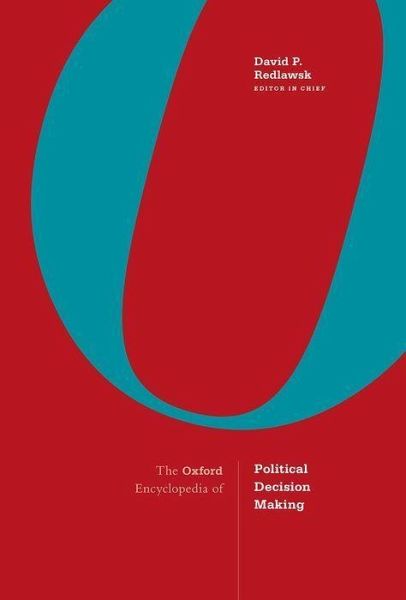
The Oxford Encyclopedia of Political Decision Making
2-Volume Set
Versandkostenfrei!
Versandfertig in über 4 Wochen
406,99 €
inkl. MwSt.

PAYBACK Punkte
203 °P sammeln!
This encyclopedia traces the development and future of research on political decision making through an exploration of its central theoretical approaches, methodologies, and substantive topics of perennial interest. The focus is on political decision making as a question of individual psychology: individual preferences, information search, evaluation, and choice. Through peer-reviewed contributions by leading researchers, the encyclopedia provides a general framework for studying political decision making that applies to both everyday citizens and political elites.



